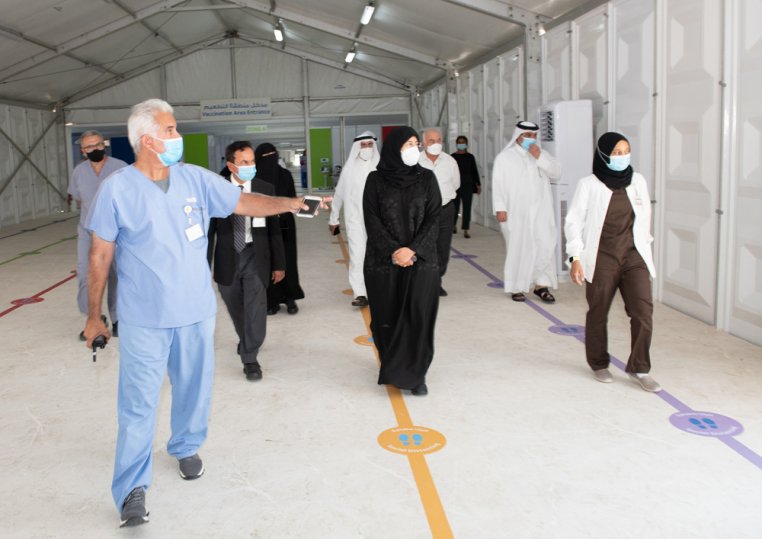What is Middle East respiratory syndrome (MERS)?
Middle East respiratory syndrome (MERS) is a viral respiratory disease caused by a coronavirus (MERS‐CoV) that was first identified in Saudi Arabia in 2012. Coronaviruses are a large family of viruses that can cause diseases ranging from the common cold to Severe Acute Respiratory Syndrome (SARS).
What are the symptoms of MERS? How severe is the syndrome?
A typical case of MERS includes of fever, cough, and/or shortness of breath. Pneumonia is a common finding on examination. Gastrointestinal symptoms, including diarrhoea, have also been reported. Severe illness can cause respiratory failure that requires mechanical ventilation and support in an intensive‐care unit. Some patients have had organ failure, especially of the kidneys, or septic shock. The virus appears to cause more severe disease in people with weakened immune systems, older people, and those with such chronic diseases as diabetes, cancer and chronic lung disease.
Can a person be infected with the MERS virus and not be ill?
Yes. Infected persons with no symptoms have been found because they were tested for MERS‐CoV during follow‐up studies of contacts of people with MERS infection. It is not always possible to identify patients with MERS-CoV early because the early symptoms are non-specific. For this reason, all health care facilities should have standard infection prevention and control practices in place for infectious diseases.
How do people get MERS-CoV?
Transmission from animals to humans
It is not yet fully understood how people become infected with MERS‐CoV, which is a zoonotic virus. It is believed that humans can be infected through direct or indirect contact with infected dromedary camels in the Middle East. Strains of MERS-CoV have been identified in camels in several countries, including Egypt, Oman, Qatar and Saudi Arabia.
Transmission from humans to humans
The virus does not appear to pass easily from person to person unless there is close contact such as providing clinical care to an infected patient while not applying strict hygiene measures. This has been seen among family members, patients, and health‐care workers. The majority of cases have resulted from human-to-human transmission in health care settings.
Is MERS-CoV contagious?
Yes, but apparently only to a limited extent. The virus does not seem to pass easily from person to person unless there is close contact, such as occurs when providing unprotected care to a patient. There have been clusters of cases in health‐care facilities, where human‐to‐human transmission appears to be more efficient, especially when infection prevention and control practices are inadequate. Thus far, no sustained human-to-human transmission has been documented.
Is there a vaccine against MERS‐CoV? What is the treatment?
No vaccine or specific treatment is currently available. Treatment is supportive and based on the patient’s clinical condition.
Prevention
There is currently no vaccine to protect people against MERS. But scientists are working to develop one.
You can help reduce your risk of getting respiratory illnesses:
- Wash your hands often with soap and water for at least 20 seconds, and help young children do the same. If soap and water are not available, use an alcohol-based hand sanitizer.
- Cover your nose and mouth with a tissue when you cough or sneeze, then throw the tissue in the trash.
- Avoid touching your eyes, nose, and mouth with unwashed hands.
- Avoid personal contact, such as kissing, or sharing cups or eating utensils, with sick people.
- Clean and disinfect frequently touched surfaces and objects, such as doorknobs.
Sources:
https://www.who.int/csr/disease/coronavirus_infections/faq_12_jun_2015/en/
https://www.cdc.gov/coronavirus/mers/about/prevention.html
More on Healthcare







Leave A Comment
You must be logged in to post a comment.